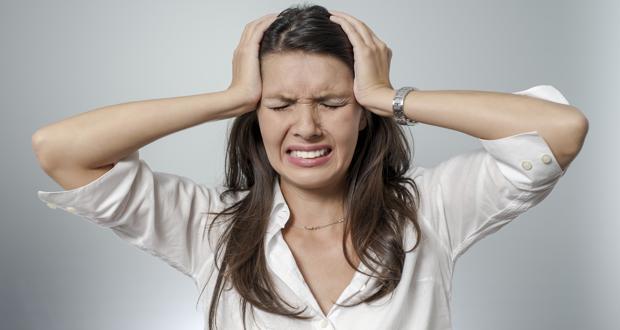<p style="text-align: justify;">Many people complain that the changes in external conditions, such as weather could trigger headache. There are different factors of weather condition that may affect or body, such as sunlight intensity, humidity, temperature swing and barometric pressure. The <a href="http://moxsie.com/">actual relationship between</a> weather and headaches is actually poorly understood, but there’s a possibility that the weather affects how our body responds. Headache itself can be considered as a common physical condition. Tension headaches are the most common type, followed by migraine and cluster headaches. In many cases, headaches start in the morning. This condition may affect one side of our face, but could also involve both sides. Pain can become worse if we have some physical activity. Headache may also be caused by hypersensitivity to sound and light. We should make sure whether changes in weather cause nausea, vomiting and pain. Visual symptoms that precede headache may include wavy lines, spots and flickering lights. There are hormonal causes of headaches that we need to be aware of, especially those related to hormone replacement therapy, birth control pill, pregnancy and monthly menstrual cycle. Eye strain, head injury, occasional exercise and physical overexertion could also be trigger of headaches.</p>
<p style="text-align: justify;">Environmental factors that may cause headaches include intense emotion, stress, weather changes, strong odors, missed meals, too little sleep and air pollutions. Food like chocolate, aged cheese, alcohol, cultured dairy products, cured meat with nitrates, yeast and specific types of fruits and vegetables may also increase the risks of headache. There are different kinds of medication that can make headache more likely to happen, such as opioids, benzodiazepines, caffeine compounds and ergotamine. Although these drugs may help to treat headaches, they could also cause rebound headaches. It is a good idea to observe all factors related to our headache.</p>
<p style="text-align: justify;">As an example, we could make a table to monitor the progression of our headache condition. Factors included can be date, time begin and end, severity of pain, initial symptoms, location of headaches, treatment methods used and their effects, the amount of sleep, things that we ate before headache strikes, recent events (injury, physical exercise, stressful events) and any additional comment. After keeping the diary for a month, we should be able to find a number of patterns. There could be a number of factors that may become the potential causes of our headaches. This is a good time to perform an experiment to stay away from these factors for a period of time. If the frequency and severity of our headache is reduced after we perform this step, it means that we are getting closer to the actual source of the problem.</p>
<p style="text-align: justify;">We could go to the doctor and report our finding to him. If the doctor is qualified, he will determine possible valid triggers based on our little experiment. If the trigger is validated, then we can discuss with the doctor to determine what kind of treatment that we need to implement. We need to determine our pre-existing medical condition to know whether it has a contribution to the recurrence of headache.</p>

How To Accurately Determine External Factors Of Headaches?
